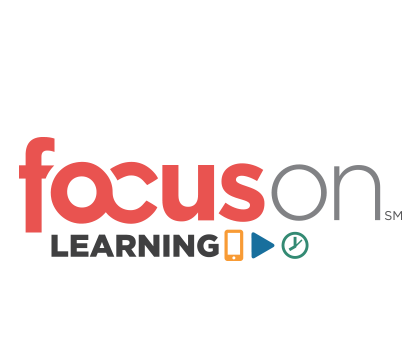312 Creating Question-embedded Videos to Increase Engagement and Retention
2:30 PM - 3:30 PM Wednesday, June 8
Development
Brazos
Online video-based instruction can be just as ineffective as traditional face-to-face lectures when learners are passive recipients of information. The “testing effect” describes the observation that the process of remembering concepts or facts increases long-term retention of those concepts or facts. The creation of question-embedded videos offers a practical way to increase user engagement and increase long-term retention.
In this session, you will learn how to not only embed questions into your instructional videos but also monitor the effects on learner engagement and retention. Case examples from the University of California–Davis School of Medicine will demonstrate both the theory and process of using question-embedded videos to teach. There will be particular emphasis on helping learners identify how they might use this approach in their teaching.
In this session, you will learn:
- About the evidence for test-enhanced learning
- About the workflow to create question-embedded videos
- How to download and install the necessary tools to begin creating your own question-embedded videos
- How to monitor learner engagement and retention using video analytics
- How to identify the next steps for using this information in your own teaching
Audience:
Novice and intermediate designers, developers, and project
managers.
Technology
discussed in this session:
HapYak (question-embedded videos), Wistia (video hosting), WordPress
(learning management system), and Chrome and Safari (web browsers).

Brian Pitts
Director of Online Learning
University of California–Davis School of Medicine
Brian Pitts is a director of online learning and an associate professor in the department of anesthesiology and pain medicine at the University of California–Davis School of Medicine. His research involves studying the effective delivery of video-based instruction in higher education. He is completing a master’s degree in medical education and health professions (MEHP) at the Johns Hopkins University School of Education.





















